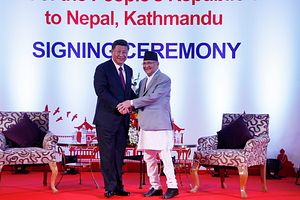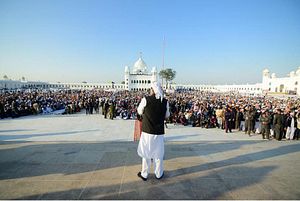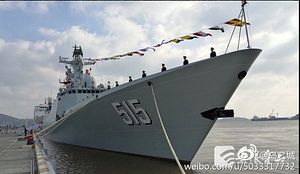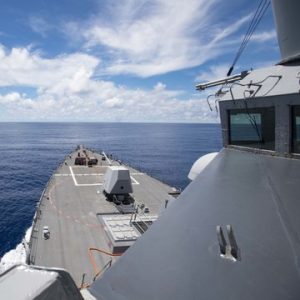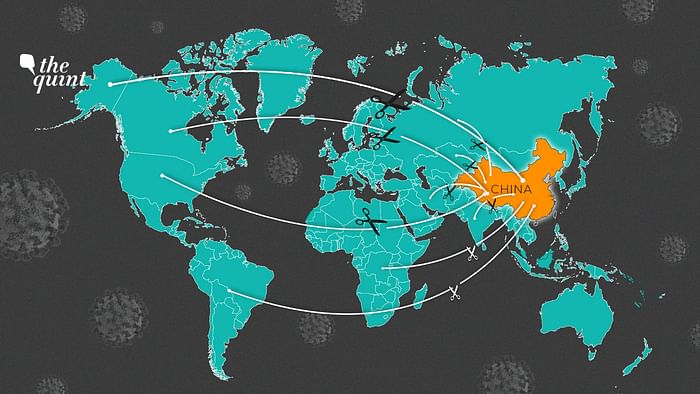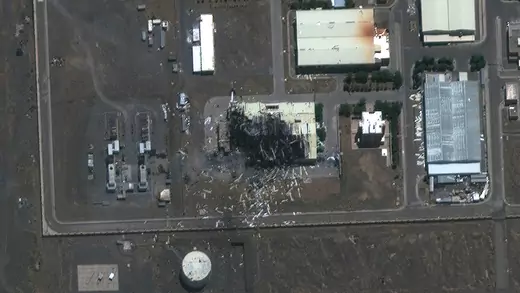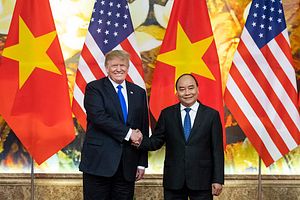This week, Proceedings interviewed General Keith Alexander, former Director of the National Security Agency and Commander, U.S. Cyber Command, and Vice Admiral Jan Tighe, former Commander, U.S. 10th Fleet/Fleet Cyber Command, about the challenges and opportunities coming with the transition to 5G cellular communications. Hear more from them during their public talk on 21 July in the ongoing Naval Postgraduate School’s “Secretary of the Navy Guest Lecture Series."
By General Keith Alexander, U.S. Army (Retired) and Vice Admiral Jan Tighe, U.S. Navy (Retired)
Proceedings: What are the key technology competitions the nation is facing today and why are they important?
General Alexander: There are several key economic competitions that are simultaneously occurring now: 5G, machine learning/artificial intelligence (ML/AI), nuclear-power generation, quantum computing, and biotechnology. We have fallen behind in most of these critical areas. Each is critical for our future economic success and raises core national security issues. Each of these areas will be critical to our future economic well being; and perhaps most important, all will have significant impacts on our national security and our military. As such, we should consider each of these as arenas of “Grand Economic Competition” and approach them with the combined power of our government, industry, and academic institutions.
 Immediately after the first gulf war in the early 1990’s the theories of Revolution in Military Affairs (RMA) and Information Warfare were being studied all over the world as a new kind of warfare. During that time, a course on Information Warfare was conducted at the National Defense University of USA. The course participants were from senior officers of the armed forces, representatives of Department of Defence and Department of State and policy makers from the government. Rand Corporation of US was conducting this course. Continue reading.......
Immediately after the first gulf war in the early 1990’s the theories of Revolution in Military Affairs (RMA) and Information Warfare were being studied all over the world as a new kind of warfare. During that time, a course on Information Warfare was conducted at the National Defense University of USA. The course participants were from senior officers of the armed forces, representatives of Department of Defence and Department of State and policy makers from the government. Rand Corporation of US was conducting this course. Continue reading.......